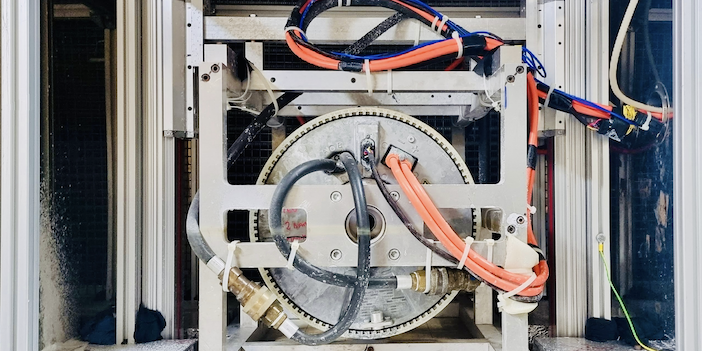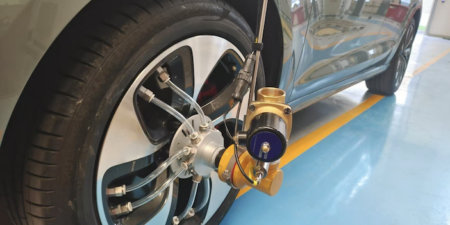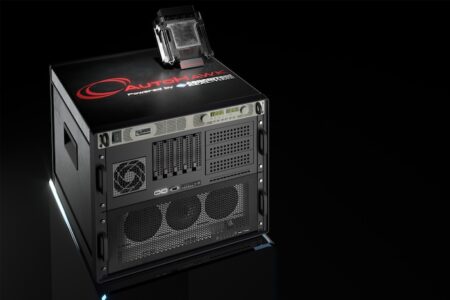Following the launch of the ProteanDrive Generation 5 (Pd18 Gen 5) in-wheel motor (IWM) earlier this year, Protean Electric (Protean) has completed the full validation programme of the unit. The extensive validation programme for Pd18 Gen5 covered all applicable legislation, regulations and OEM standards applicable to the IWM.
In this validation process, Protean tested more than 80 IWMs, running through 64 test programmes. The Pd18 Gen5 was shown to deliver 1,500Nm peak torque, which Protean says sets a new industry standard for the performance of an IWM, which fits in an 18-inch wheel with an integrated inverter.
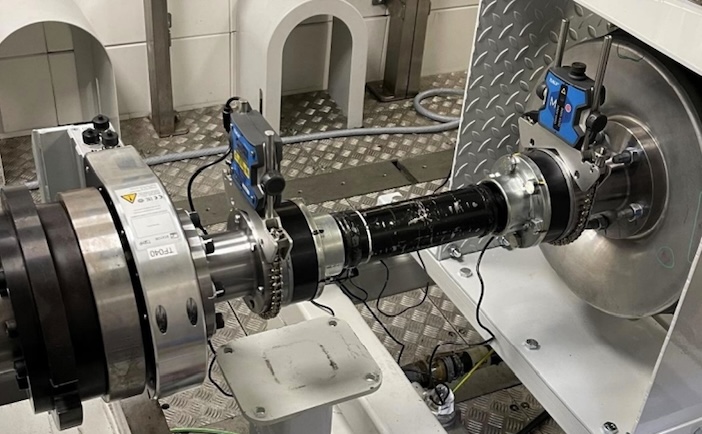
UK-based Protean has developed and validated the Pd18 Gen5 for mainstream automotive applications, meeting durability requirements of 15 years and 300,000km (186,000 miles). In doing so Protean has validated all environment durability requirements put upon IWMs, such as wading, pothole impacts, and other harsh conditions seen in the wheel. Pd18 Gen5 is designed and validated to ISO26262 as a Safety Element Out of Context, including mitigating ASIL-D hazards – which Protean says is a first for IWMs.
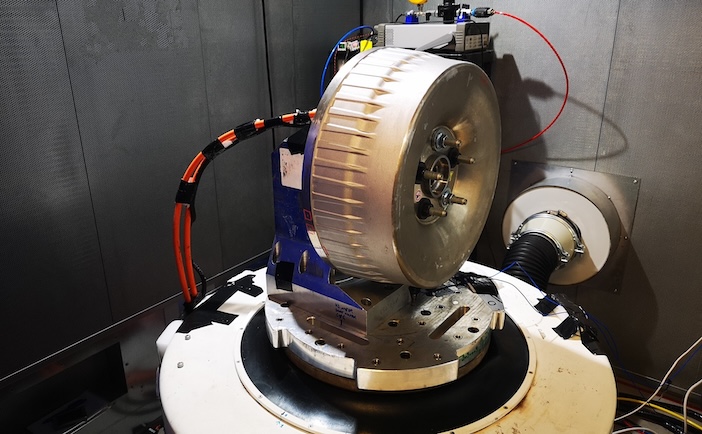
Stephen Lambert, chief technology officer of Protean Electric, said of the successful programme, “In-wheel motors are proving to be a pivotal, enabling technology for the next generation of EVs. However, much like the first EVs, there needs to be a testing and validation rulebook set out. As an industry, much has been discussed about the design and validation challenges of in-wheel motors, particularly the demands of reliability and durability due to the harsh installation environments. Looking to the future, our team has invested heavily in our test and validation procedures to ensure that the Gen 5 IWM, exposed to severe shock, vibration, thermal cycle, sand, dust, water, and chemical contamination, is designed to last and do the distance, securing a net-zero future across multiple vehicles and transport solutions.”
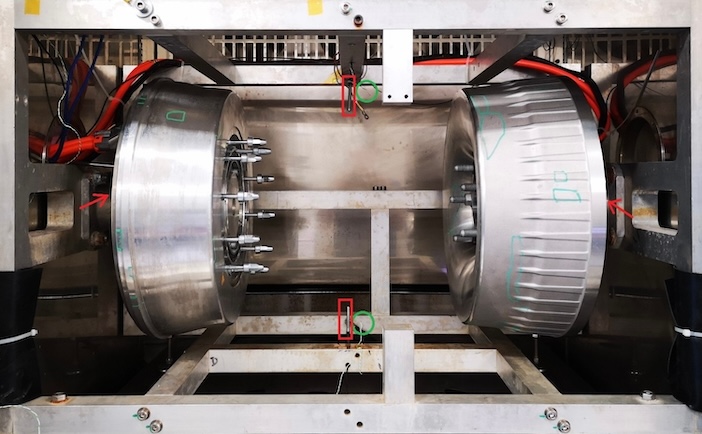
Protean is now beginning full-scale industrialisation of the Pd18 Gen5, which will be produced at the company’s manufacturing facility in Tianjin, China, with IATF 16949 certification. Protean is currently working with a range of OEMs and aftermarket applications, with the ability to scale growth as IWMs grow in popularity and versatility. Protean has designed the IWM in a modular configuration, which enables rapid development of new product variations at lower risk. This includes offering integrated and detached inverters, with 400Vdc lead products available now, with 800Vdc products available by the end of 2024.


